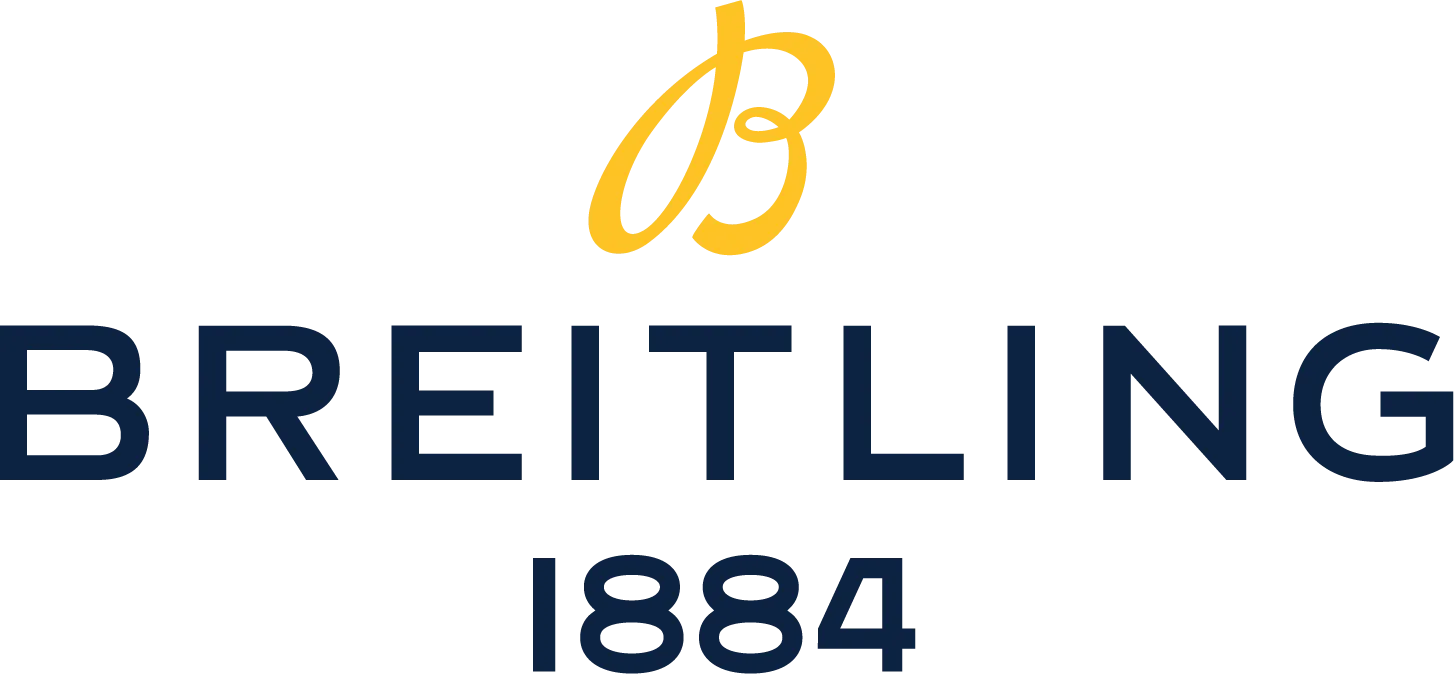Why psychological safety matters for speak up programs
Why is psychological safety essential? In this episode 4 of SpeakUp Talks, we unpack what it means, who’s responsible for building it, and how it ties into broader GRC strategies. Is it about ticking legal boxes - or building an ethical, thriving company? Tune in to explore the real drivers behind speaking up at work. Leanne, Customer Success Manager and a psychological safety enthusiast shares why it's valuable for organizations to build on this safety.
Episode summary
In this episode of SpeakUp Talks, host Robert Greco sits down with customer success manager Leanne Valom to translate the buzzword “psychological safety” into day-to-day choices that make speaking up easier—and safer. They start with a simple truth: you can’t always measure safety directly, but you can spot its absence. One signal is silence in your data, like countries or teams that never report; another is the personal hesitation employees feel when they have an idea or concern but hold back.
Organizations aren’t “naturally” safe for candor. Hierarchies, habits, and uneven manager skills mean psychological safety requires active design—policies, training, process, and tools that reduce fear and make it clear where to go with a problem. During client onboardings, Lianne probes the basics: What’s the current speak-up culture? How often is training delivered? Who’s involved? What’s the feedback cycle? These answers expose gaps that block trust at scale.
A big watch-out: equating “no reports” with health. Leaders may keep doors open, yet employees still stay away—proof that posture isn’t the same as safety. Trust is fragile—slow to build, quick to lose—so consistency across countries and investigators matters. Responses should align with the organization’s values and code of conduct, not just legal scope-checks.
The hosts outline a human-centered workflow: make multiple avenues available (manager, HR, reporting line, platform), train the people who will hear concerns to actually listen, and communicate what happens next. Multilingual access lowers barriers, but the follow-through—acknowledging, updating, and closing the loop—earns trust.
How transparent is too transparent? They recommend “bounded transparency”: keep reporters informed about progress and next steps while protecting the rights and dignity of those involved. Internally, share themes and planned improvements rather than case specifics to prevent gossip and protect confidentiality.
AI shows up as a helpful assistant, not a replacement. Because some people find it easier to speak to a neutral “voice,” AI-supported intake can reduce social friction—but it must be paired with trained humans and clear governance to avoid opacity or over-reliance. The goal is lower barriers and faster, fairer handling, not removing the human element.
They close with skills every practitioner can build: active listening, empathy in replies, and peer learning. Psychological safety becomes real when leaders and SpeakUp officers show consistency, create dialogue, and feed lessons back into the system—turning individual courage into organizational learning.
Trusted by 600+ enterprises operating worldwide

.svg)











.svg)

%201.svg)

.svg)











.svg)

%201.svg)

